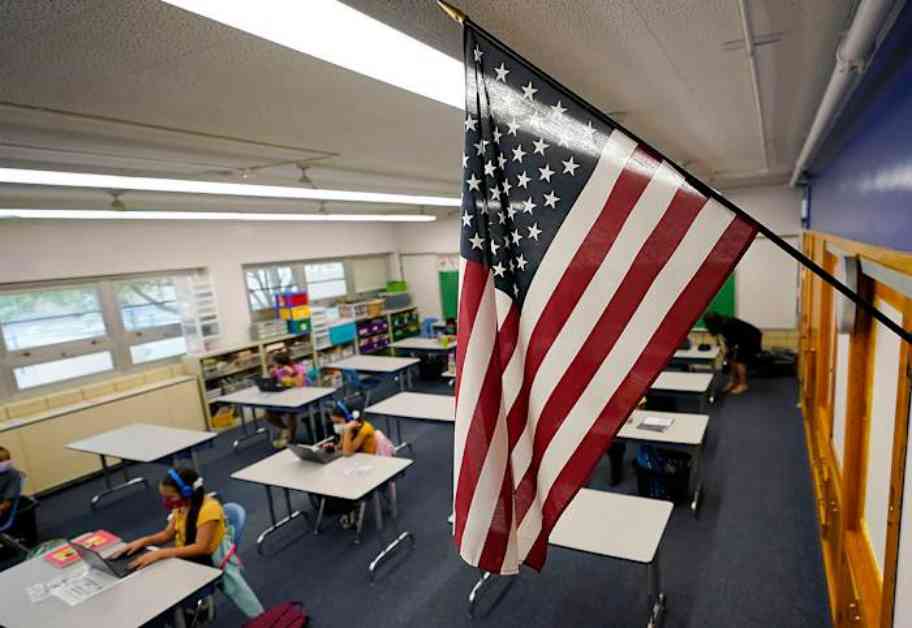In the wake of President Trump’s immigration actions, schools across the United States are grappling with a surge in anxiety among parents and students, regardless of their legal status. Rumors of immigration raids have sparked panic in communities, leading to a decline in school attendance and a growing sense of unease among families. From Fresno, California, to Denver, Colorado, and Alice, Texas, the impact of these policies is being felt in classrooms and homes nationwide.
Unfounded Fears and Real Consequences
In Fresno, social media speculation about immigration raids at schools has caused unnecessary distress for parents, leading to a significant drop in student attendance. Despite assurances that the rumors were false, the fear of potential raids has left many families on edge. Carlos Castillo, chief of diversity, equity, and inclusion at the Fresno Unified School District, recounts receiving countless frantic calls from parents worried about their children’s safety. The emotional toll of these unfounded fears is palpable, with one school principal even going as far as grocery shopping for a family too afraid to leave their home.
Legal Challenges and Educational Rights
Amidst the heightened anxiety, political proposals in states like Oklahoma and Tennessee are fueling the debate over the rights of undocumented children to access public education. While the Trump administration’s policies have raised questions about who should be allowed in schools, legal battles are unfolding across the country. In Denver, the school district has taken legal action against the Department of Homeland Security, accusing the administration of disrupting the education of young migrants in their care. The implications of these policies extend far beyond the classroom, impacting the academic performance and emotional well-being of students and families.
As families grapple with the uncertainty of their legal status and the threat of immigration enforcement, the need for support and assurance from schools and communities is more critical than ever. The fear of separation, detention, and deportation looms large, creating a climate of fear and mistrust among immigrant families. While some districts are working to provide resources and guidance to families, the broader impact of these policies on the educational landscape remains a pressing concern.
As the debate over immigration policies continues to unfold, the human cost of these actions is a stark reminder of the challenges faced by immigrant communities across the country. The intersection of politics and education is reshaping the school experience for thousands of students, highlighting the need for compassion, understanding, and support in these uncertain times. The future of our schools and our communities depends on our ability to navigate these complex issues with empathy and resilience.















